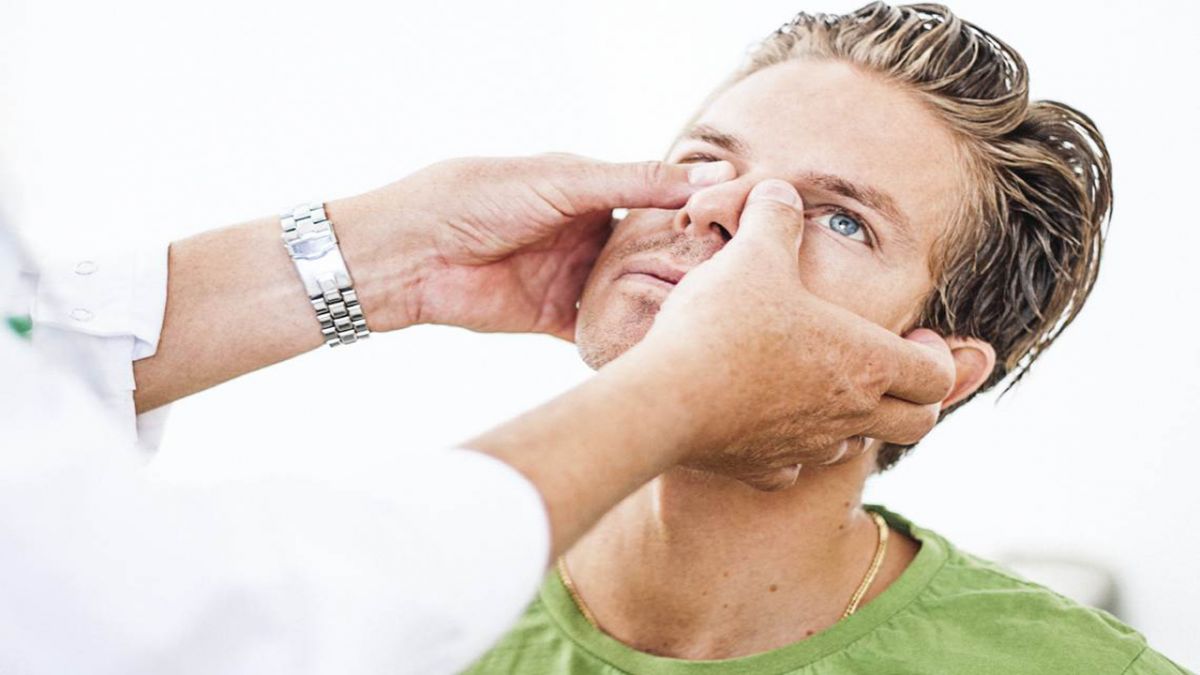Advertisement
The possibility of self-healing from acute sinusitis does exist, but relying on this self-healing process is not wise. While many diseases have the potential for self-recovery, patients should take proactive measures to shorten the course of the illness and accelerate recovery. Acute sinusitis often accompanies a decline in the body's immune system, making it difficult for bacterial infections to be effectively controlled. Therefore, solely depending on the body's natural ability to recover is quite risky. For instance, fever serves as a protective response that helps control inflammation, but if patients merely hope for this response to occur, it may lead to greater health risks.

Theoretically, acute sinusitis has the potential to heal on its own. Many individuals may not realize their health condition when experiencing rhinitis or sinusitis; due to their busy lives, they may not seek timely medical attention. After a few days of rest and increased fluid intake, their symptoms may improve. However, this does not mean that all patients can achieve self-recovery. In most cases, acute sinusitis does not self-heal, and the duration of the illness may be prolonged, leading to longer recovery times and increased suffering for patients, as well as potentially triggering other complications.
Symptoms of acute sinusitis include nasal congestion, runny nose, facial pain, and headaches, all of which impact the patient's daily life and work efficiency. Research indicates that without timely treatment, acute sinusitis can develop into chronic sinusitis, resulting in more complex symptoms and treatment difficulties. Moreover, acute sinusitis may be accompanied by infections in the ears and throat, further affecting the overall health of the patient. Therefore, when facing acute sinusitis, patients should seek medical attention promptly, follow the advice of professional doctors, and undergo appropriate medication and non-pharmacological treatments to facilitate recovery.

Currently, the medical field has developed various effective treatment methods, including antibiotics, anti-inflammatory medications, and antihistamines, which can effectively alleviate the symptoms of acute sinusitis and shorten the duration of the illness. Non-pharmacological therapies such as saline nasal irrigation, maintaining humidity in indoor air, and adequate rest also play a positive role in symptom relief. By utilizing modern medical interventions, patients can not only shorten the course of the illness but also significantly reduce the risk of disease recurrence. In facing acute sinusitis, patients should actively cooperate with the prescribed treatment plan rather than relying on self-healing, in order to minimize potential health risks. In summary, while acute sinusitis has the potential to heal on its own, reasonable medical intervention is crucial for shortening the illness duration and improving quality of life.
Advertisement




